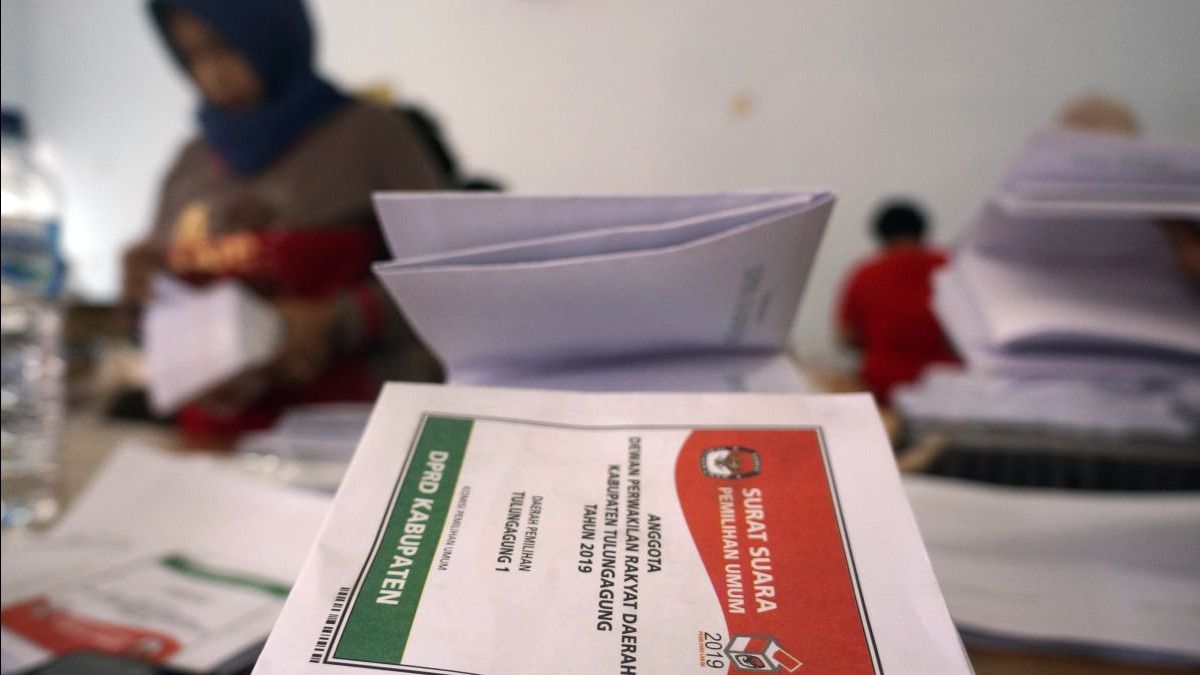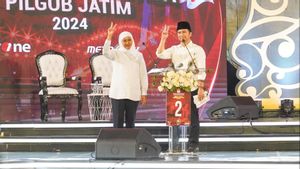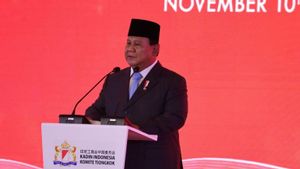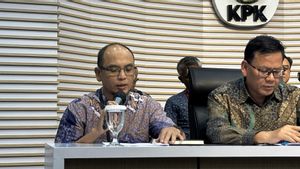JAKARTA - The results of a survey by the Indonesian Political Indicators Institute entitled National Face-to-Face Survey show that the majority of Indonesian people assess the current performance of democracy in the country as good.
Founder and Main Researcher of Indonesian Political Indicators, Burhanuddin Muhtadi, said that Indonesian people generally see the perspective of democracy from an economic perspective, so that if the economy improves, the community's perspective on democracy will be positive.
"Especially lower society, who see more economic aspects in democracy than democracy in the sense of civil liberties," said Burhanuddin, quoting Antara.
He said that based on the survey results, 67 percent of respondents rated the implementation or practice of democracy in Indonesia so far as good, then 3.7 percent rated it as very good, so the total was 70.7 percent. Apart from that, 23.5 percent rated it as moderate, three percent rated it as poor, 2.9 percent rated it as very poor, and 3.2 percent did not know or did not answer.
Meanwhile, the majority of respondents assessed that the current economic conditions in Indonesia were moderate or normal, namely 41.4 percent.
However, more respondents rated the current economic condition as good at 28.2 percent or very good at 1.9 percent than those who rated it as bad at 25.2 percent or very bad at 3.1 percent, while 0.3 percent of respondents don't know or don't answer.
SEE ALSO:
Burhanuddin said that in the eyes of the intellectual elite and community institutions, democracy is seen from the aspect of civil liberties, where currently there has been a decline in the democracy index in Indonesia over the last few years.
However, he said, such a focus was not felt by the lower classes because they looked more at the economic aspect than at democracy.
"So maybe for them in general inflation is more important than democracy in terms of civil liberties," he said.
The National Face-to-Face Survey was carried out face-to-face from 28 January 2024 to 4 February 2024, involving 1,200 basic respondents and over-sampling in certain areas to reach 5,500 respondents. Meanwhile, error tolerance is in the range of 2.9 percent with a confidence level of 95 percent.
The English, Chinese, Japanese, Arabic, and French versions are automatically generated by the AI. So there may still be inaccuracies in translating, please always see Indonesian as our main language. (system supported by DigitalSiber.id)
















